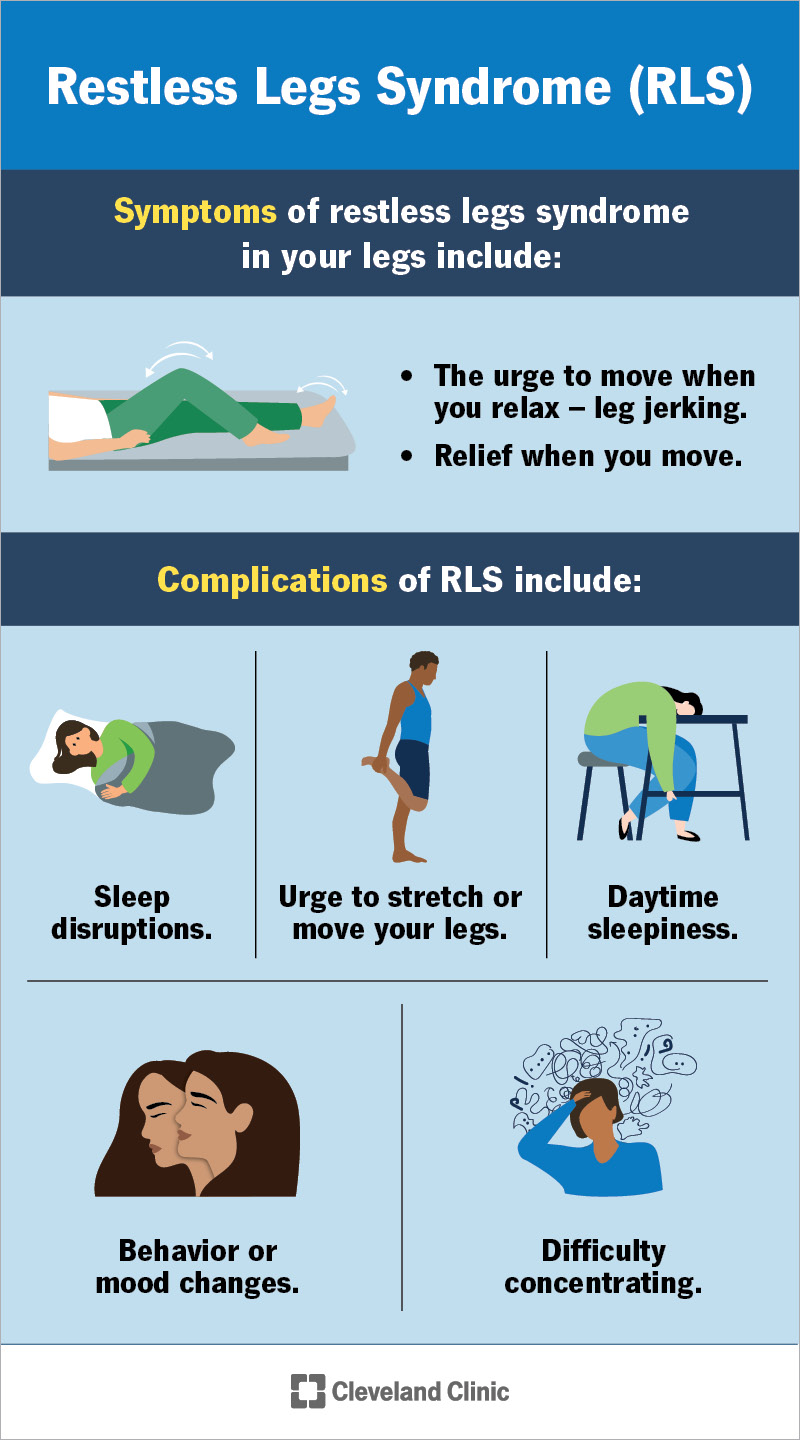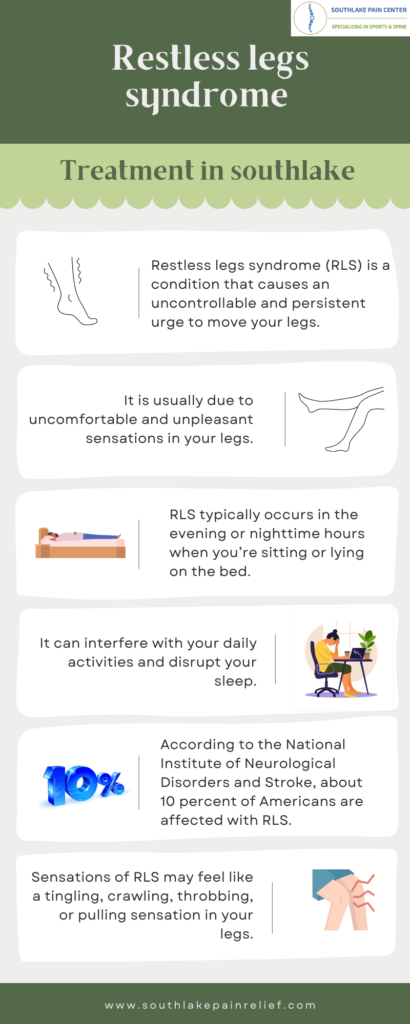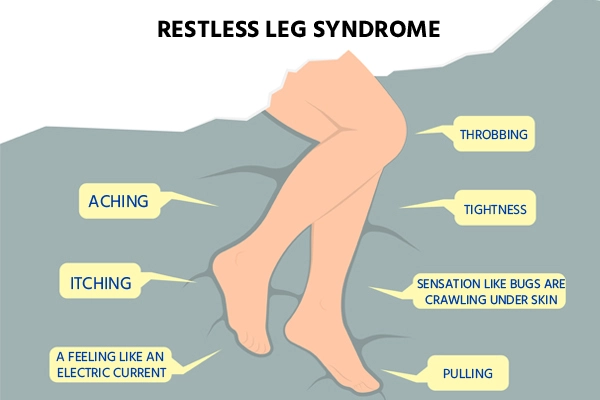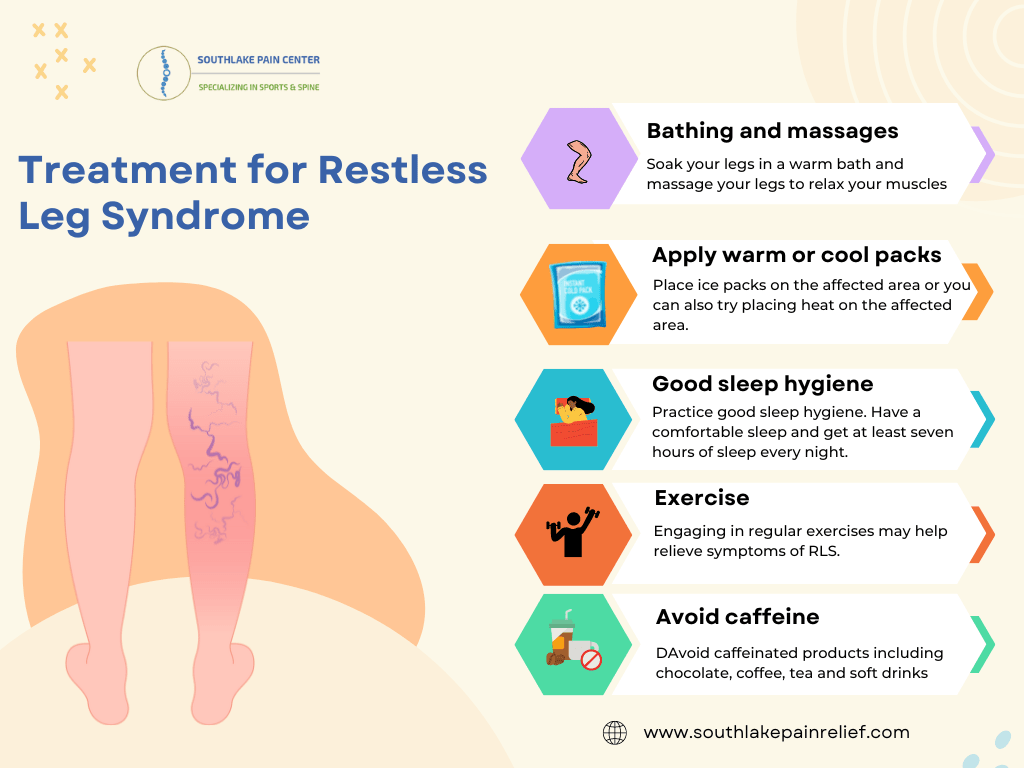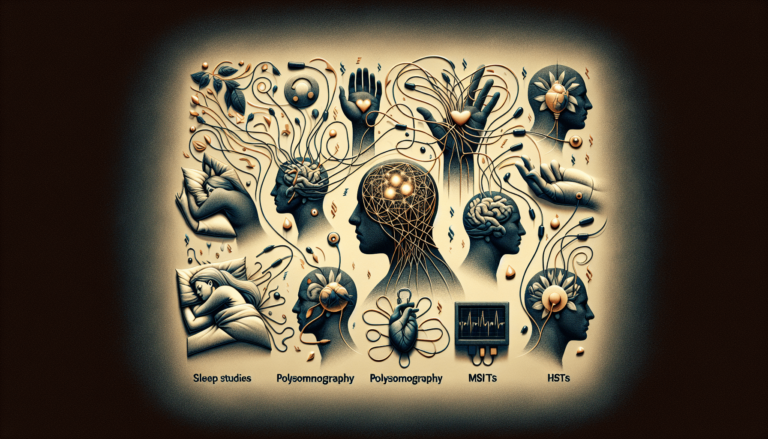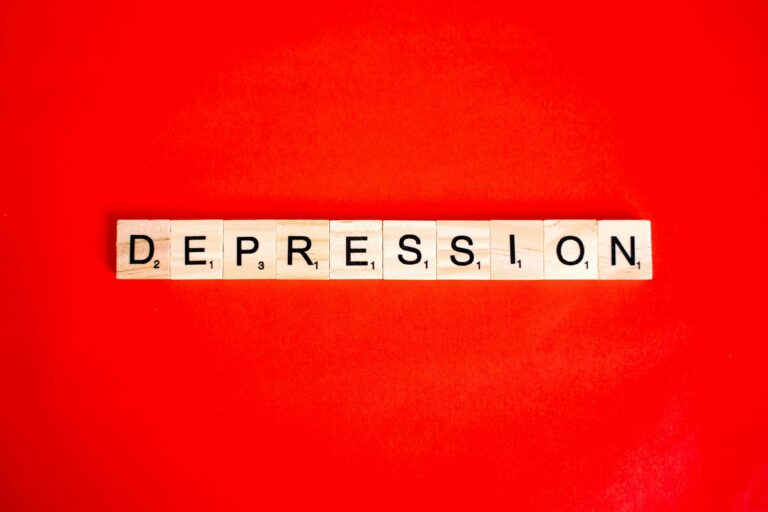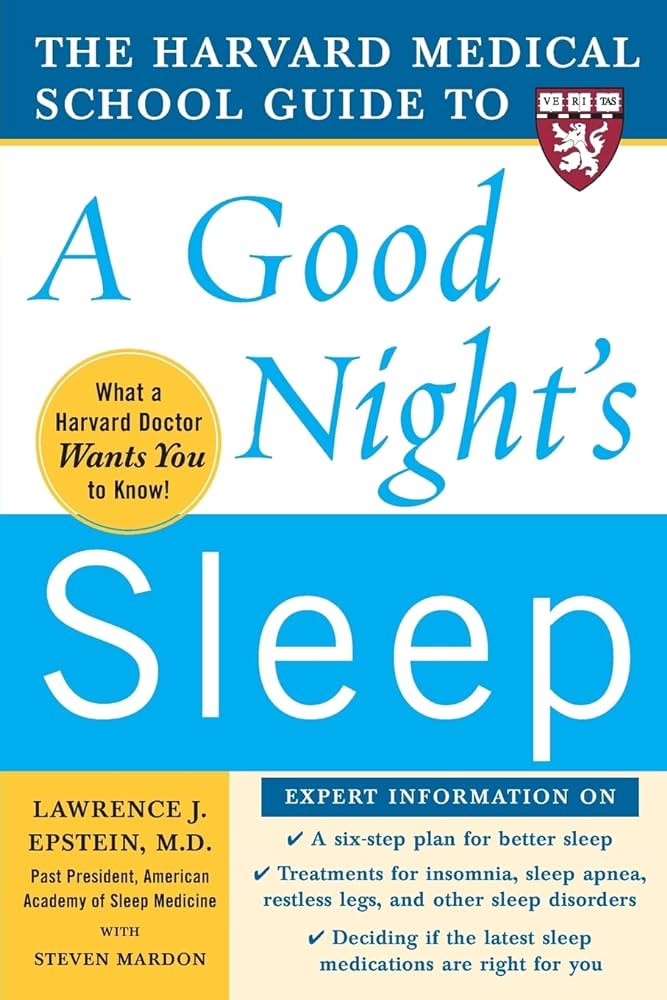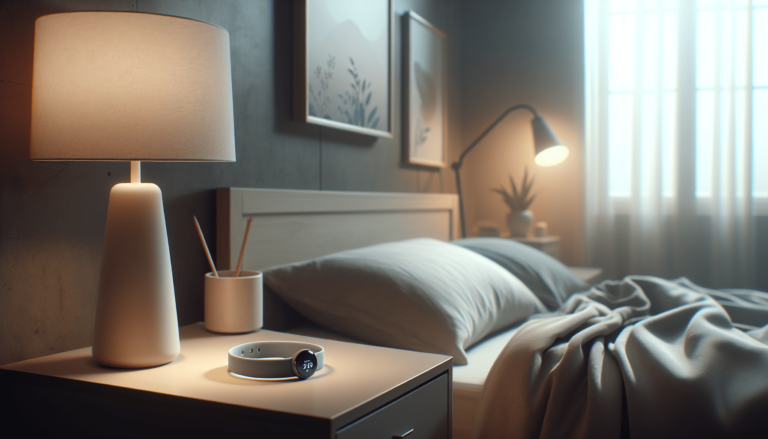Restless Leg Syndrome: Diagnosing and Treating Sleep Disorders
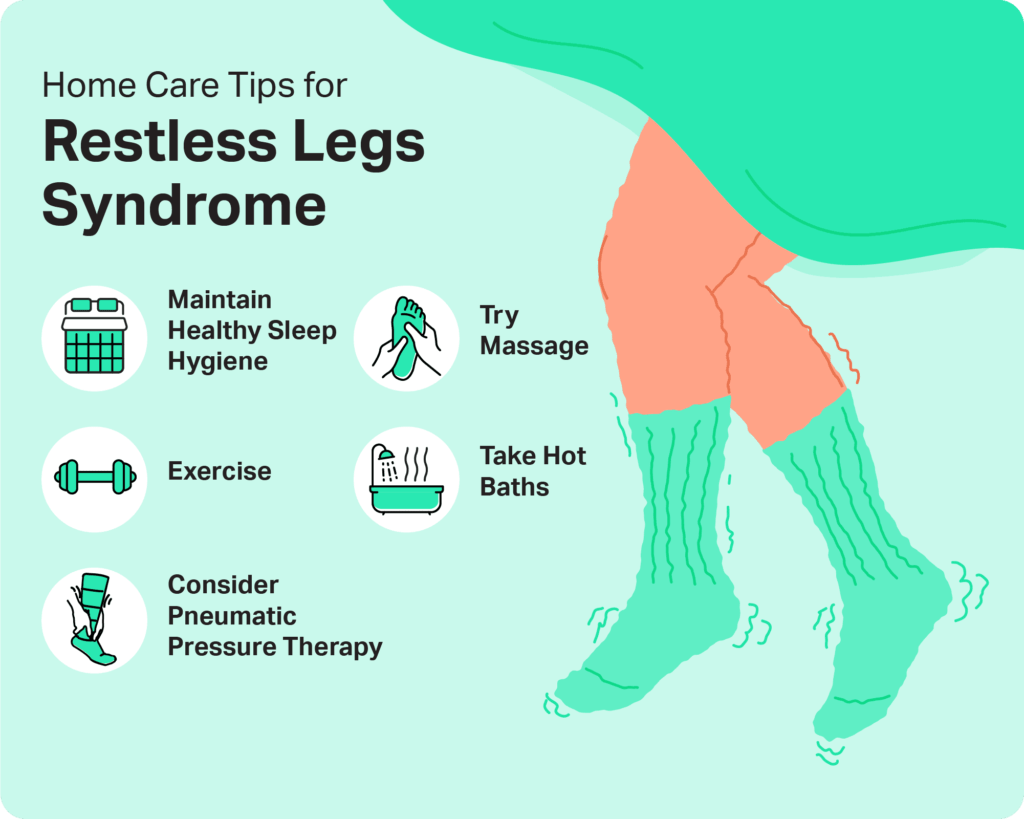
Are you tired of restless nights and drowsy days? Look no further than Vector Sleep Clinic, conveniently located in the heart of Rego Park and easily accessible from all 5 boroughs. Our mission is to help you unlock the magic of restful nights, where dreams meet rejuvenation. With our licensed and insured team of sleep experts, we understand the impact that sleep disorders can have on your health and productivity. From insomnia to sleep apnea and restless leg syndrome, we know the risks these disorders pose to your overall well-being. That’s why we offer comprehensive care, including sleep studies, to diagnose and treat a variety of sleep disorders. Don’t let these issues go untreated, as they can lead to serious health problems such as heart attacks, strokes, high blood pressure, car accidents, problems at home or work, sexual dysfunction, and obesity. Trust us to provide you with reliable and trustworthy care, so you can experience the power of uninterrupted sleep.
Restless Leg Syndrome: Diagnosing and Treating Sleep Disorders
Sleep Disorders: Understanding the Problem
We understand the challenges that come with today’s fast-paced life, and one of the most pressing issues is the prevalence of sleep disorders. These disorders, such as insomnia, sleep apnea, and restless leg syndrome (RLS), can have a significant negative impact on both our health and productivity. Sleep disorders can increase the risk of serious health issues, including obstructive sleep apnea, hypopnea, and even cardiovascular diseases.
At Vector Sleep Clinic, we recognize the importance of addressing these sleep disorders and providing effective solutions for a restful sleep experience.
Why Should You Consider Completing a Sleep Study?
When experiencing symptoms of a sleep disorder, it is crucial to consider completing a sleep study. Sleep studies are tests that monitor your sleep patterns, brain waves, breathing, heart rate, and other vital functions during the sleep cycle. These studies help medical professionals diagnose and treat sleep disorders accurately.
If left untreated, sleep disorders can lead to various severe health conditions, such as heart attacks, strokes, high blood pressure, car accidents, problems at home or work, sexual dysfunction, and obesity. By undergoing a sleep study, you can receive a detailed assessment of your sleep patterns, identify any potential disorders, and take proactive steps towards a healthier and more fulfilling life.
This image is property of my.clevelandclinic.org.
Our Solution: Comprehensive Care for Restful Sleep
At Vector Sleep Clinic, we offer a comprehensive approach to diagnosing and treating various sleep disorders. Our team of experienced professionals is dedicated to providing personalized and compassionate care to ensure each patient’s unique needs are met.
We believe in the power of uninterrupted sleep and its transformative effect on overall health and well-being. Our clinic is conveniently located in the heart of Rego Park, making it easily accessible from all five boroughs. We pride ourselves on being licensed, insured, reliable, and trustworthy, ensuring that you receive the highest quality of care throughout your sleep disorder journey.
What is Restless Leg Syndrome (RLS)?
One common sleep disorder that many individuals face is Restless Leg Syndrome (RLS). RLS is a neurological condition characterized by the irresistible urge to move your legs, often accompanied by uncomfortable sensations. These sensations typically occur during periods of inactivity or while lying down, making it challenging to fall asleep and stay asleep.
RLS can have a significant impact on your quality of sleep, leading to daytime fatigue, reduced productivity, and impaired overall well-being. Understanding the symptoms and seeking proper diagnosis and treatment for RLS is crucial to regaining restful nights.
This image is property of www.sleepfoundation.org.
Common Symptoms of RLS
The symptoms of RLS can vary from person to person, but common indicators to look out for include:
- An irresistible urge to move your legs, often accompanied by uncomfortable or unpleasant sensations.
- Sensations that worsen during periods of rest or inactivity, such as when you are sitting or lying down.
- Relief from the uncomfortable sensations through movement or stretching.
- Symptoms that worsen in the evening or at night, leading to difficulty falling asleep or staying asleep.
- Disrupted sleep patterns and daytime fatigue.
If you are experiencing any of these symptoms, it is essential to consult with a healthcare professional who specializes in sleep disorders for an accurate diagnosis.
Diagnosing Restless Leg Syndrome
Diagnosing RLS involves a thorough medical evaluation and may require laboratory tests to rule out other sleep disorders or underlying health conditions. Seeking medical evaluation for RLS is vital to ensure an accurate diagnosis and appropriate treatment plan.
This image is property of www.southlakepainrelief.com.
Medical Evaluation for RLS
During a medical evaluation, your healthcare provider will review your medical history, family history, and any current medications or conditions that may contribute to your symptoms. They may also conduct a physical examination to assess your leg movements and identify any signs of underlying neurological issues.
Laboratory Tests for RLS
In some cases, laboratory tests may be necessary to confirm an RLS diagnosis and rule out other sleep disorders or conditions. These tests may include blood tests to check for iron deficiency or other metabolic issues, as well as a polysomnography test to monitor your sleep patterns, brain waves, and other physiological functions.
This image is property of www.medicoverhospitals.in.
Treating Restless Leg Syndrome
Fortunately, there are various treatment options available to manage and relieve the discomfort of restless leg syndrome. The most appropriate treatment plan will depend on the severity of your symptoms and the impact on your daily life.
Medication Options for RLS
Medication can be an effective approach for managing RLS symptoms. These medications may include dopaminergic agents, opioids, anticonvulsants, and iron supplements, depending on the underlying cause of your RLS. Your healthcare provider will assess your individual needs and determine the most suitable medication option to alleviate your symptoms.
This image is property of www.southlakepainrelief.com.
Lifestyle Changes and Self-Care Strategies for RLS
In addition to medication, certain lifestyle changes and self-care strategies can help reduce the frequency and severity of RLS symptoms. These may include:
- Regular exercise: Engaging in regular physical activity, especially in the evening, can improve symptoms and promote better sleep.
- Avoidance of caffeine and nicotine: These stimulants can exacerbate RLS symptoms, so limiting or avoiding their consumption can be beneficial.
- Establishing a consistent sleep routine: Creating a relaxing bedtime routine and maintaining a regular sleep schedule can improve sleep quality.
- Warm baths and massages: These relaxation techniques may help reduce leg discomfort and promote better sleep.
- Applying heat or cold: Experimenting with heat or cold packs on your legs can provide temporary relief from RLS sensations.
- Stress reduction: Managing stress through meditation, deep breathing exercises, or engaging in calming activities can positively impact RLS symptoms.
By implementing these lifestyle changes and incorporating self-care strategies into your daily routine, you can actively manage your RLS symptoms and improve your sleep quality.
In conclusion, restless leg syndrome is a common sleep disorder that affects many individuals, leading to sleep disturbances and reduced quality of life. By understanding the symptoms and seeking proper diagnosis and treatment, you can take proactive steps towards managing RLS and improving your overall well-being. At Vector Sleep Clinic, we are committed to providing comprehensive care and support to help you achieve restful sleep and wake up refreshed to embrace each new day.

